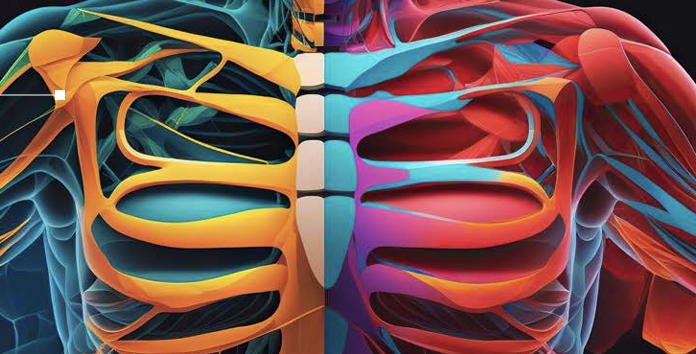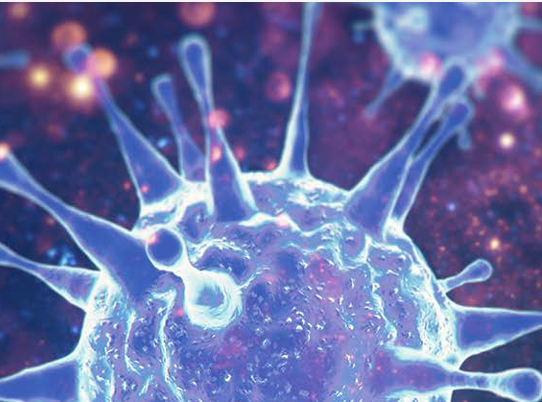With a focus on funding cutting-edge interdisciplinary research, enabling expert faculty hires, bolstering collaboration, and facilitating postgraduate education across the biological sciences at U-M, the Biosciences Initiative offered scientific research requests for applications (RFA). Based on the results of two annual rounds of competition, the BSI has now allocated $132.7 million and all 30 tenure lines to fund nine major Scientific Research Initiative (SRI) programs designed to advance major new directions in transdisciplinary discovery in the biosciences.
Expanding Natural Products Drug Discovery

The Expanding Natural Product Drug Discovery initiative aims to strengthen its unique natural product drug discovery capabilities by hiring three new faculty members and establishing a state-of-the-art Natural Products Discovery Core, enabling the development of bioactive small molecules with high therapeutic potential against diverse human diseases.
BioInnovations in Brain Cancer
The BioInnovations in Brain Cancer (BIBC) initiative aims to adopt a transformative and interdisciplinary approach, fostering ideation and collaboration among technologists, brain cancer experts, and clinicians, with the goal of driving innovation, translation, and technological breakthroughs that will have a significant impact on the lives of brain cancer patients by expanding scientific excellence and providing state-of-the-art research infrastructure and activities.

RNA Biomedicine

By harnessing the power of groundbreaking discoveries in RNA biology and the advancements in RNA analysis technologies, this initiative aims to propel the field of RNA biomedicine forward, paving the way for precision medicine and unraveling the profound impact of non-coding RNAs on human health and disease
Engineering Cell Programmable Biomaterials for Dental and Musculoskeletal Health
The Musculoskeletal Tissue Engineering project seeks to advance imaging and computational design of materials in order to develop innovative biomaterials that can program cells and facilitate the organization of functional 3D tissues in musculoskeletal, oral, and craniofacial applications.

Institute for Global Change Biology

The Institute for Global Change Biology (IGCB) aims to integrate global change biology research with ecological forecasting to generate forecasts that combine changes, impacts, and responses, in order to provide the interdisciplinary scientific basis for managing biological systems under global change.
Single Cell Spatial Analysis Program
By integrating next-generation cellular high-content technology with tissue spatial context, the Single Cell Spatial Analysis program aims to revolutionize our understanding of complex tissues, providing valuable insights into cellular transcriptomes, proteins, and DNA variations, benefiting both new faculty recruits and existing faculty seeking to explore scientific questions previously inaccessible with conventional technologies.

From Cells to Atoms: The Future of Cryo-Electron Microscopy

The Cryo-Electron Microscopy (cryo-EM) program utilizes cryo-EM and cryo-electron tomography (cryo-ET) to unravel the structure and function of biological machines, advancing the field’s potential for addressing complex biological questions and enabling major developments in sample preparation, user education, and data processing, with plans to expand access, improve data acquisition, and recruit faculty expertise in cryo-ET.
Michigan Center for Infectious Disease Threats
The Michigan Center for Infectious Disease Threats (MCIDT) aims to leverage expertise across the University of Michigan to address critical issues in surveillance, diagnosis, treatment, and control of diseases caused by SARS-CoV-2 and other emerging pathogens, fostering cross-collaborations and enhancing the university’s competitive status in recruiting scientists to fill research area gaps.

Michigan Concussion Center

The Michigan Concussion Center is a multidisciplinary research hub aimed at advancing the understanding and management of concussion through comprehensive studies on injury prevention, pathophysiology, diagnostics, management, outcomes, and financial impact, with a vision to become a global leader in concussion research, care, and education.

